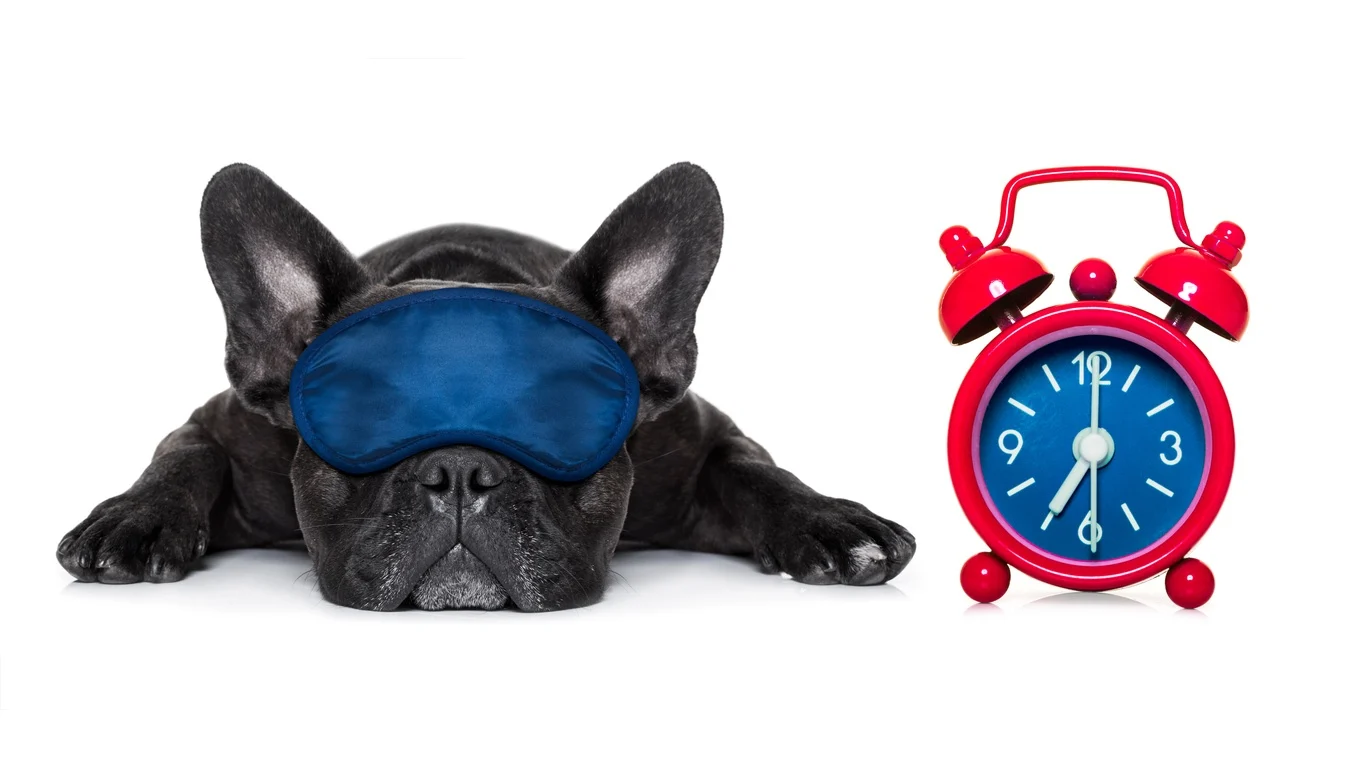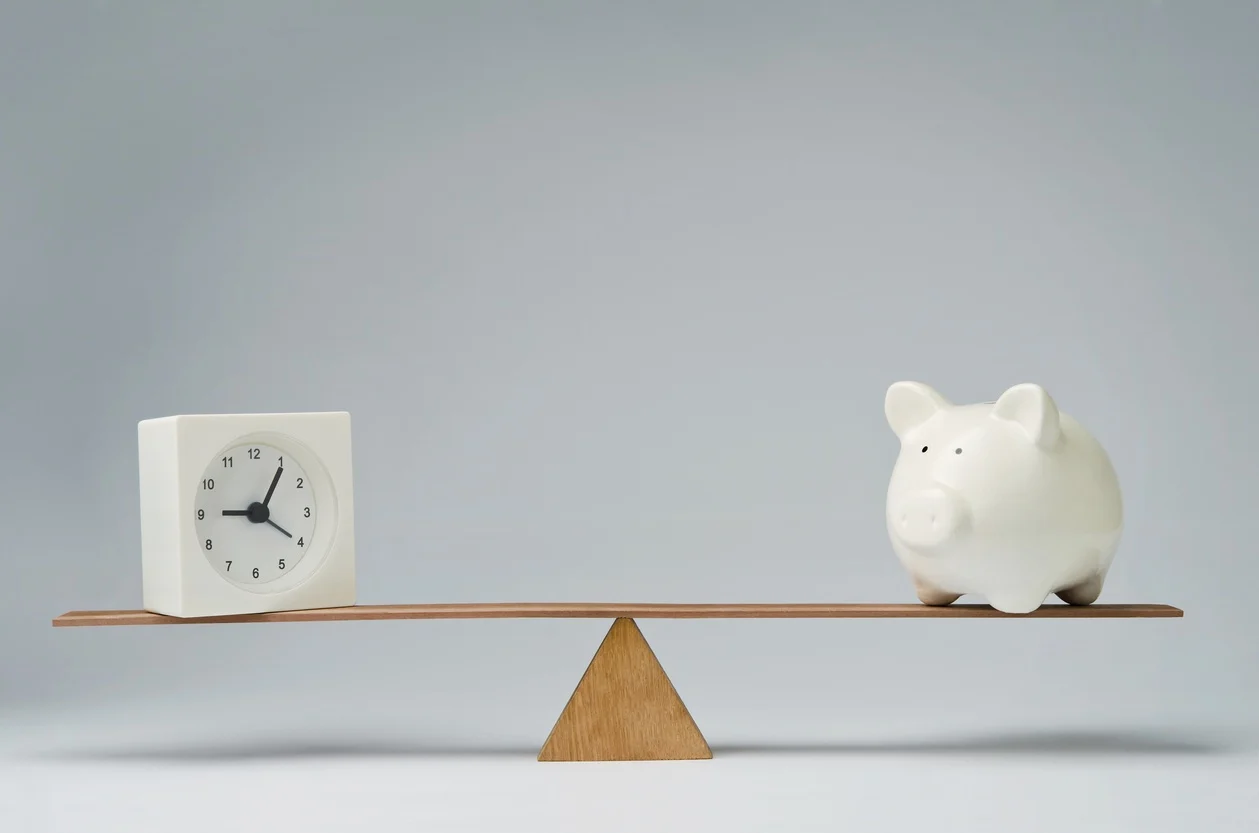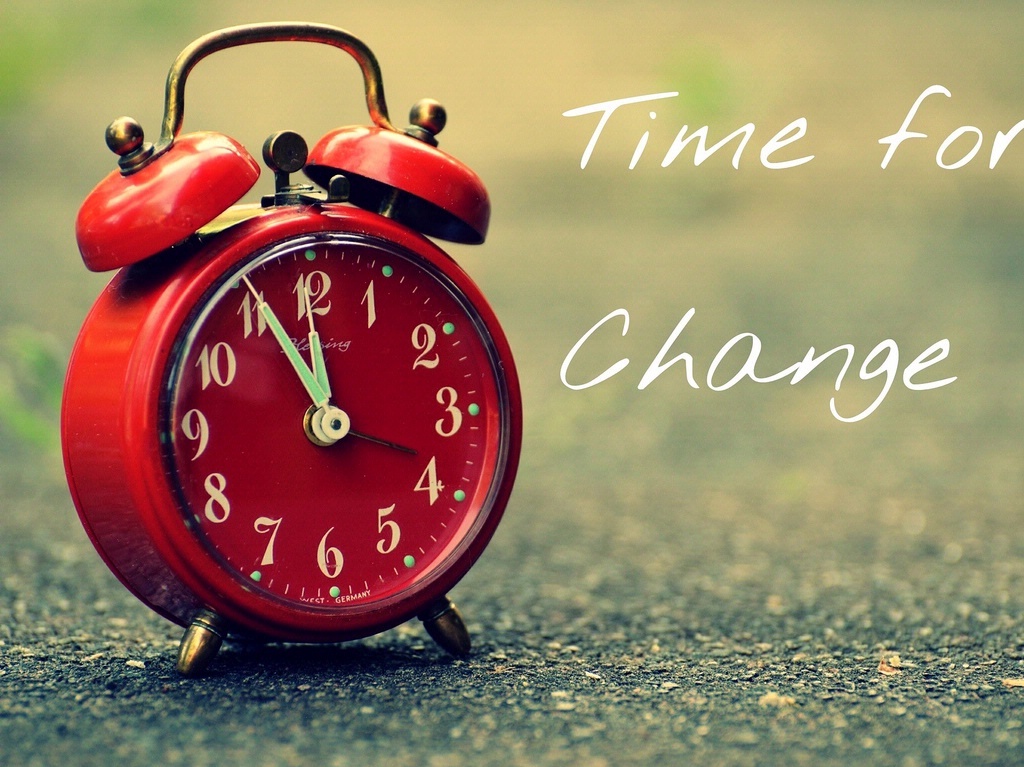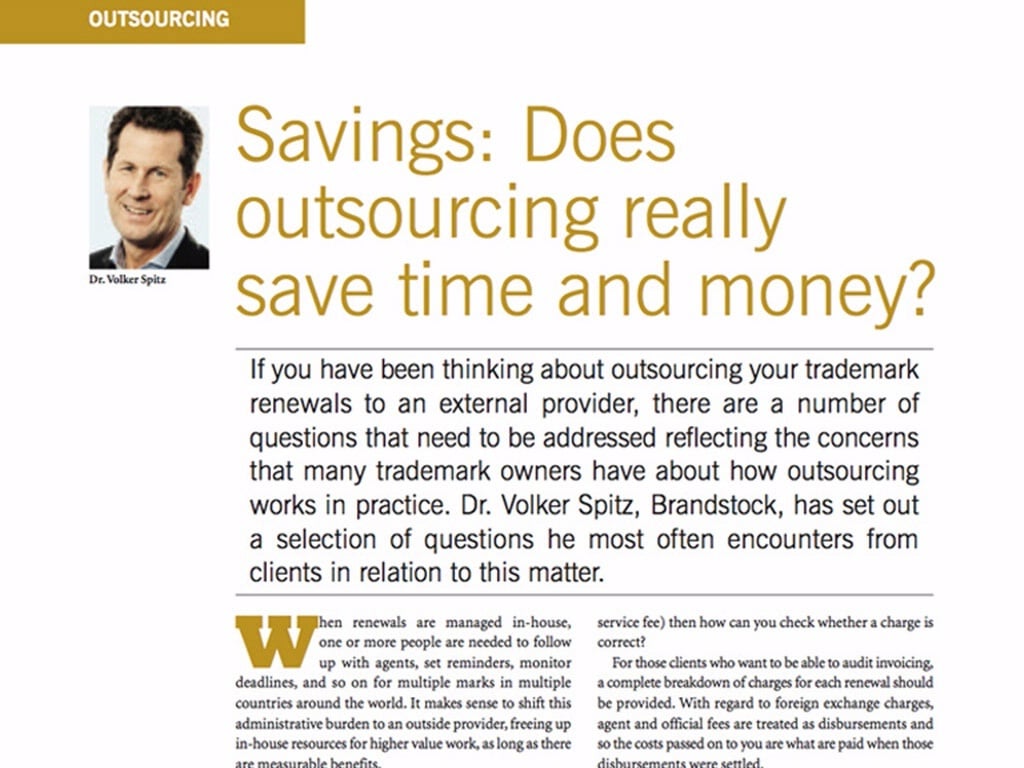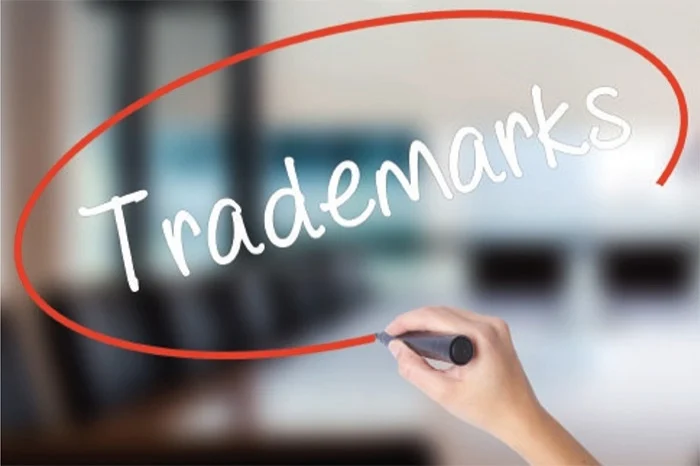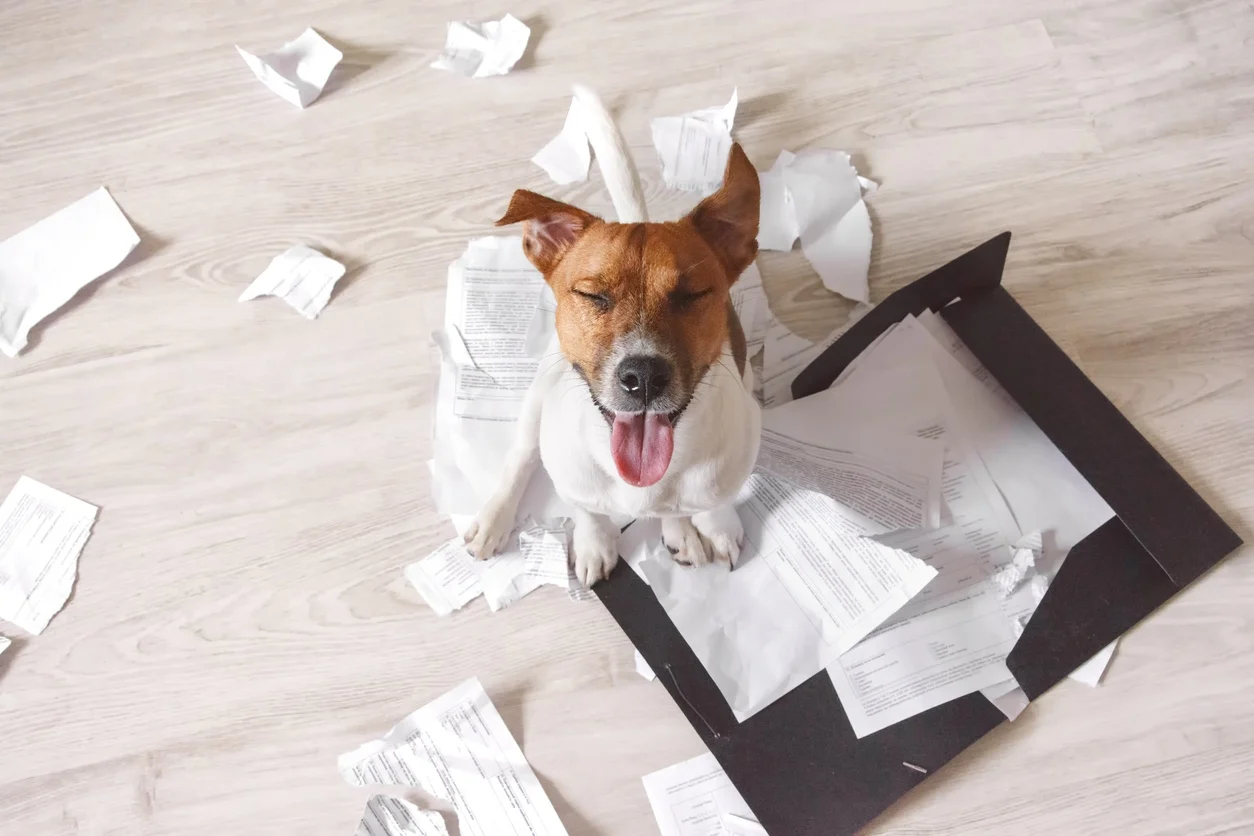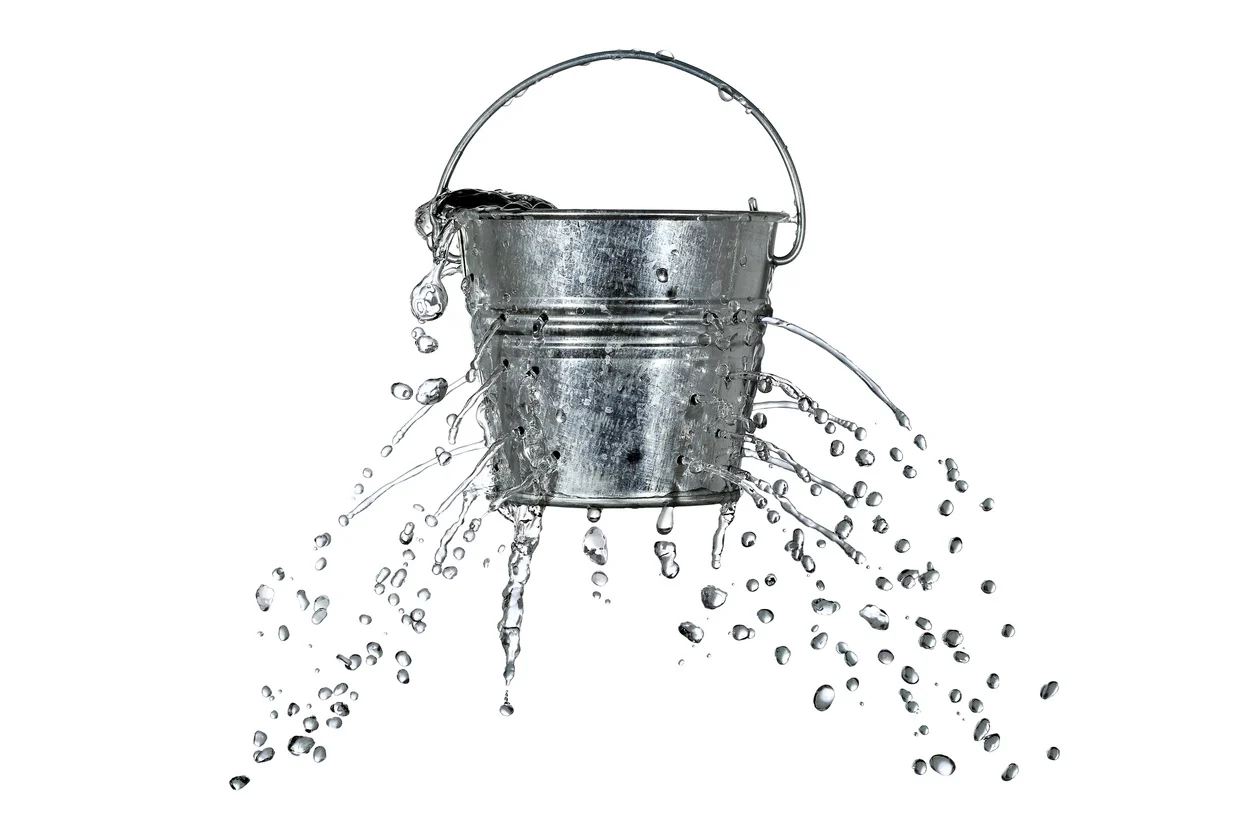Which is the right time for renewing a trademark?
With trademark protection only lasting 10 years, renewing your registration is the only way to ensure your intellectual property’s continuous and indefinite protection. If the trademark renewal period is approaching, you may be wondering when is the best time to renew your trademark and what considerations should inform your decision.
Although the best advice is to seek the counsel of an intellectual property professional, here we will provide some guidance on the renewals process as well as reasons for renewing a trademark at different times.
Using the European Union Intellectual Property Office (EUIPO) as an example, owners are notified 6 months before their term’s expiry date. This letter will prompt you to complete the renewal form – ideally, this renewal will be filed within the 6 months period before the expiry of the term.
Did you forget to renew your brand on time?
Download our FREE E-BOOK to find the solution
However, you do have a grace period after the expiry date within which a renewal can still be filed and remain effective. This grace period is 6 months from the expiry date with the EUIPO: any renewals filed after this final 6 months period will not be acknowledged and the trademark will be abandoned.
This means that, in the case of EU trademarks and many territorial trademarks, there is a total of 12 months within which a renewal can be filed. This, therefore, begs the question, when is the right time for renewing a trademark?
Trademark renewal before expiry date
Before the expiry date is often the best time for renewing a trademark, as there is no chance of a lapse in protection, unlike if the renewal is left until the grace period where any unforeseen delays could be disastrous if these push your renewal outside of the final time frame. It is therefore strongly advised that, in the absence of valid reasons for doing otherwise, a renewal is filed as soon as notification is received from the IP office.
Renewing a trademark before the expiry is also cheaper than waiting until the grace period. If renewal is left until the second half of this 12 months period you will be charged late fees on top of the usual fees for filing your renewal. The value of this fee varies, however with the EU trademark this fee is an additional 25% of the usual renewal fee, which itself is up to € 1000 per mark.
Trademark renewal after expiry date
However, you are able to file for renewal after the expiry date so long as you conform with this additional charge. The key reason people may wish to wait until this grace period is perhaps that they have multiple trademarks expiring in the same year and wish to file all of their renewals at the same time to ease the process.
If you have more than one trademark to renew and you wish to delay some renewals until the 6 months grace period so that they fall in line with other renewals, then that is reasonable. However, without such a reason it is not advisable to wait until after the expiry date to just put off the task, as doing so will result in unnecessary additional expenses and incur undue risks.
However, it must be noted that delaying the renewal does not alter the expiry date at the end of the following decade – the 10 years intervals for which trademarks are registered are counted from the date of application. Waiting until the grace period in attempts to lengthen the term of protection by up to a year will not succeed.
Upon a perusal of these options, it should be evident that the best time for renewing a trademark depends on your individual circumstances. If you have more than one impending renewal, it may prove easier to delay some renewals, potentially until the grace period, so as to file all relevant renewals at the same time.
Aside from these situations, it is strongly advised that you renew your trademark as soon as possible after notification from the relevant IP office, so as to avoid running the risk of unnecessary costs and potentially disastrous delays.

